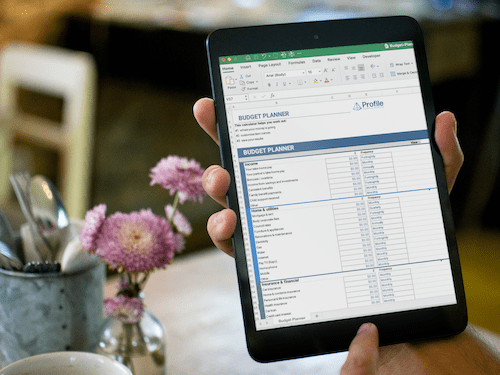Estate planning is a critical aspect of financial management, ensuring that assets are preserved and distributed according to one’s wishes after death. Among the broad option of estate planning tools available, a family trust stands out as a versatile and effective mechanism for safeguarding wealth and providing for future generations. Understanding how to utilize a family trust in estate planning is possible for individuals seeking to protect their legacy and provide for their loved ones. Here are a number of considerations for establishing a family trust for estate planning purposes:
1. Identify Your Objectives
Before establishing a family trust, it’s crucial to define your estate planning goals. Consider factors such as asset protection, tax optimization, and providing for beneficiaries. Clarifying your objectives will guide decisions regarding trust structure, asset allocation, and beneficiary designations.2.
2. Select Trustees And Beneficiaries
Choose trustworthy individuals to serve as trustees, responsible for managing the trust and its assets according to your instructions. Consider appointing both family members and financial professionals to ensure competent management. Additionally, identify beneficiaries who will receive distributions from the trust and specify their respective entitlements. Give consideration to future scenarios and possible family members yet to come.
3. Draft A Comprehensive Trust Deed
Work with legal professionals experienced in estate planning to draft a trust deed that reflects your intentions, objectives and possible future position. The trust deed should outline the trust’s purpose, powers, and distribution provisions, providing clear guidance for trustees and beneficiaries.
4. Transfer Assets To The Trust
Transfer ownership of selected assets to the family trust, ensuring proper documentation and legal formalities are observed. Assets commonly held in family trusts include real estate, investments, business interests, and valuable personal property. By transferring assets to the trust, you effectively remove them from your estate, reducing the potential for probate and estate taxes.
5. Implement Tax Planning Strategies
Utilize the flexibility of a family trust to implement tax planning strategies aimed at minimizing estate taxes and maximizing tax efficiency. Trustees can distribute income and capital gains to beneficiaries in lower tax brackets, thereby reducing the overall tax burden on trust assets. Additionally, consider leveraging estate tax exemptions and deductions available under relevant tax laws.
6. Incorporate Asset Protection Measures
Family trusts can offer robust asset protection benefits by shielding assets from creditors, lawsuits, and other potential threats. By holding assets within the trust, you create a legal barrier that can protect from personal liabilities and financial risks. You can incorporate provisions within the trust deed to safeguard assets for the benefit of future generations.
7. Regularly Review and Update The Trust
Estate planning is not a one-time event but an ongoing process that requires periodic review and adjustment. Regularly revisit the terms of the family trust to ensure they remain relevant and aligned with your goals, and preferences. Update beneficiary designations, asset allocations, and trust provisions as needed to reflect changes in family dynamics or legal requirements.
8. Communicate Effectively With Family Members
Open communication is essential in estate planning, particularly concerning the establishment and administration of a family trust. Ensure that family members are informed about the existence of the trust, its purpose, and their roles as beneficiaries. Transparency and clarity can help prevent misunderstandings and foster trust among family members.
In Conclusion
A family trust is a valuable estate planning tool that offers numerous benefits, including asset protection, tax optimization, and wealth preservation. By strategically utilizing a family trust in your estate planning efforts, you can help ensure the orderly transfer of assets to future generations while safeguarding your legacy and providing for your loved ones’ financial security. Consult with legal and financial professionals to create a tailored estate plan that incorporates a family trust to achieve your long-term objectives.
Catch up with all the latest news and updates over on our Instagram! Click here to follow us!






